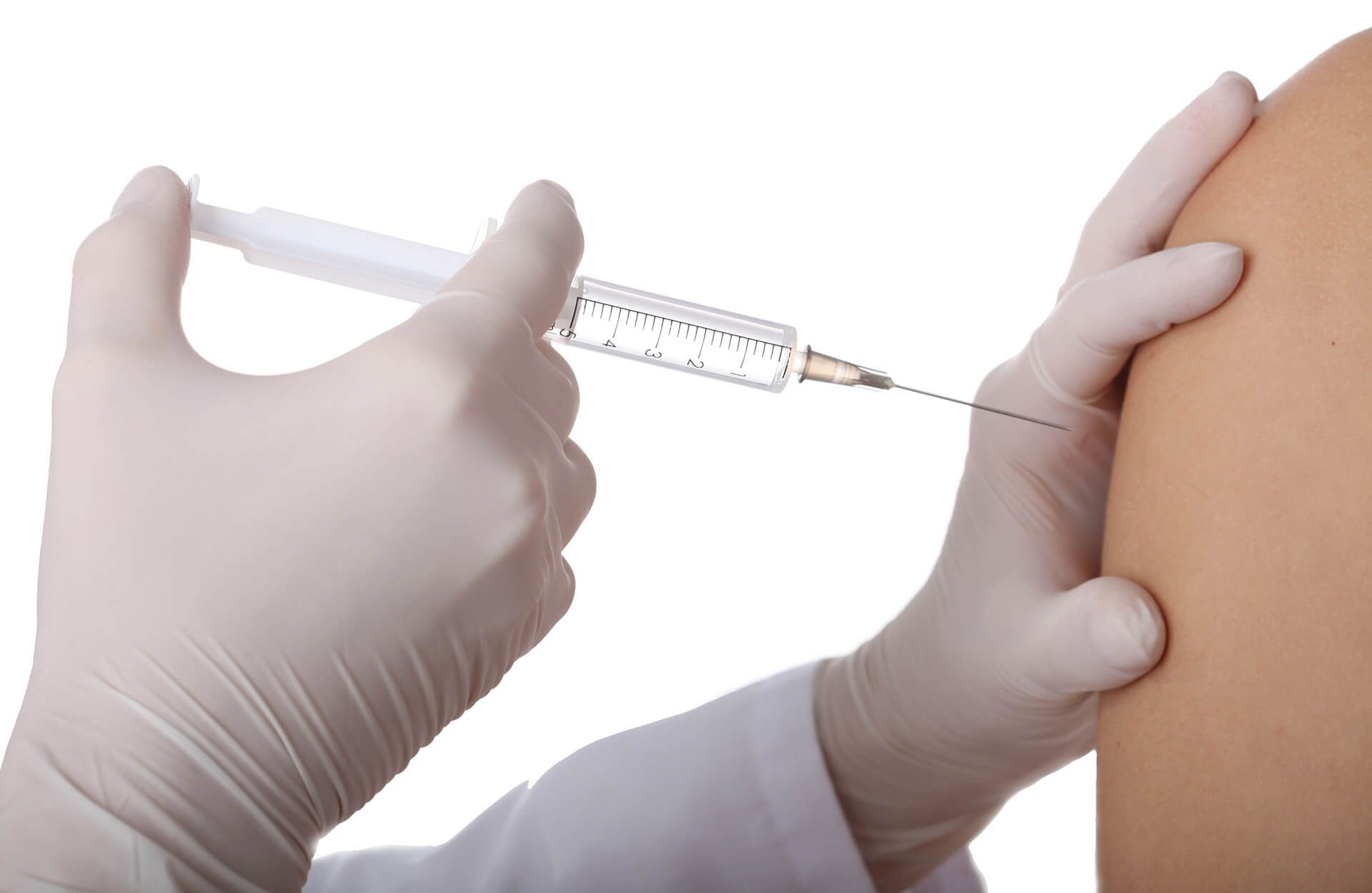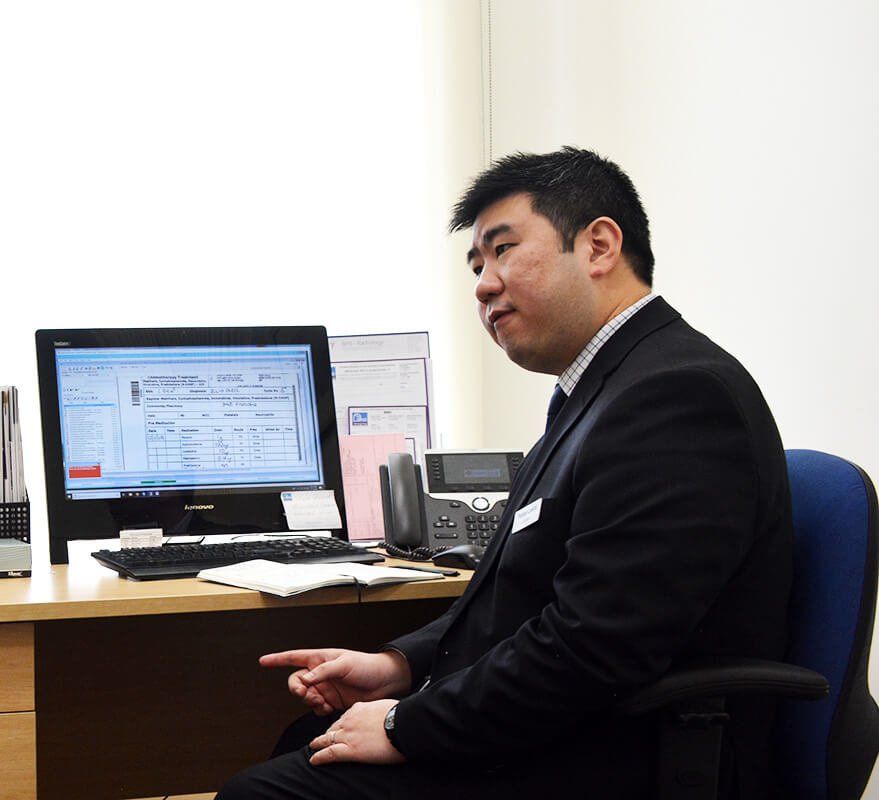The current COVID-19 climate is posing challenges for all of us.
For many of us, our priorities have shifted a little, our fears have changed a little, our days look different than they used to. For some, there may be a sense of wanting to ignore physical symptoms that arise – perhaps a fear of burdening the health system with something trivial, or a concern in breaking out of social isolation and increasing the risk of contracting coronavirus.
It is important, as such, to seek medical attention for any new unexplained symptoms. In particular, there are a few physical symptoms that require prompt investigation, given a small possibility of an underlying diagnosis of cancer, or another serious medical condition.
Although any symptom can have a variety of underlying causes, and any cancers can present in a variety of ways, there are certain symptoms that shouldn’t be ignored if present. Such symptoms do not equate to a diagnosis of cancer – rather they require prompt investigation to exclude a diagnosis of cancer.
Such symptoms include:
- Jaundice - yellow eyes / skin
- Unexplained loss of weight, significant loss of appetite, and severe fatigue
- Coughing up blood, hoarseness, or nagging cough
- Unexplained lump in neck / groin / armpit
- Unexplained night sweats
- Breast lump or thickening
- Trouble swallowing or pain after swallowing
- Abdominal pain
- Bleeding in the urine
- Blood in stools or significant changes in bowel movement e.g. diarrhoea
- Lumps in a testicle
- Unexplained vaginal bleeding
So, although social isolation has been encouraged to reduce the spread of coronavirus, this does not mean that new physical symptoms should be ignored. Speaking to one’s general practitioner (GP) will be an important first step. Everyone should encourage their family members’ with these symptoms to do the same. For those patients with known history of cancer, these symptoms may represent relapse or progression of the cancer; contacting one’s GP or Oncologist/haematologist will be appropriate for an earlier review.
And even if you do not have symptoms of concern, it is timely to catch up with your GP for a review of your general physical and mental health. Breast screen is now back up and running, and bowel screen and skin checks should continue to be carried out, in conjunction with your GP.
With early presentation, and prompt investigation, whatever the underlying medical condition, outcomes are likely to be improved.








